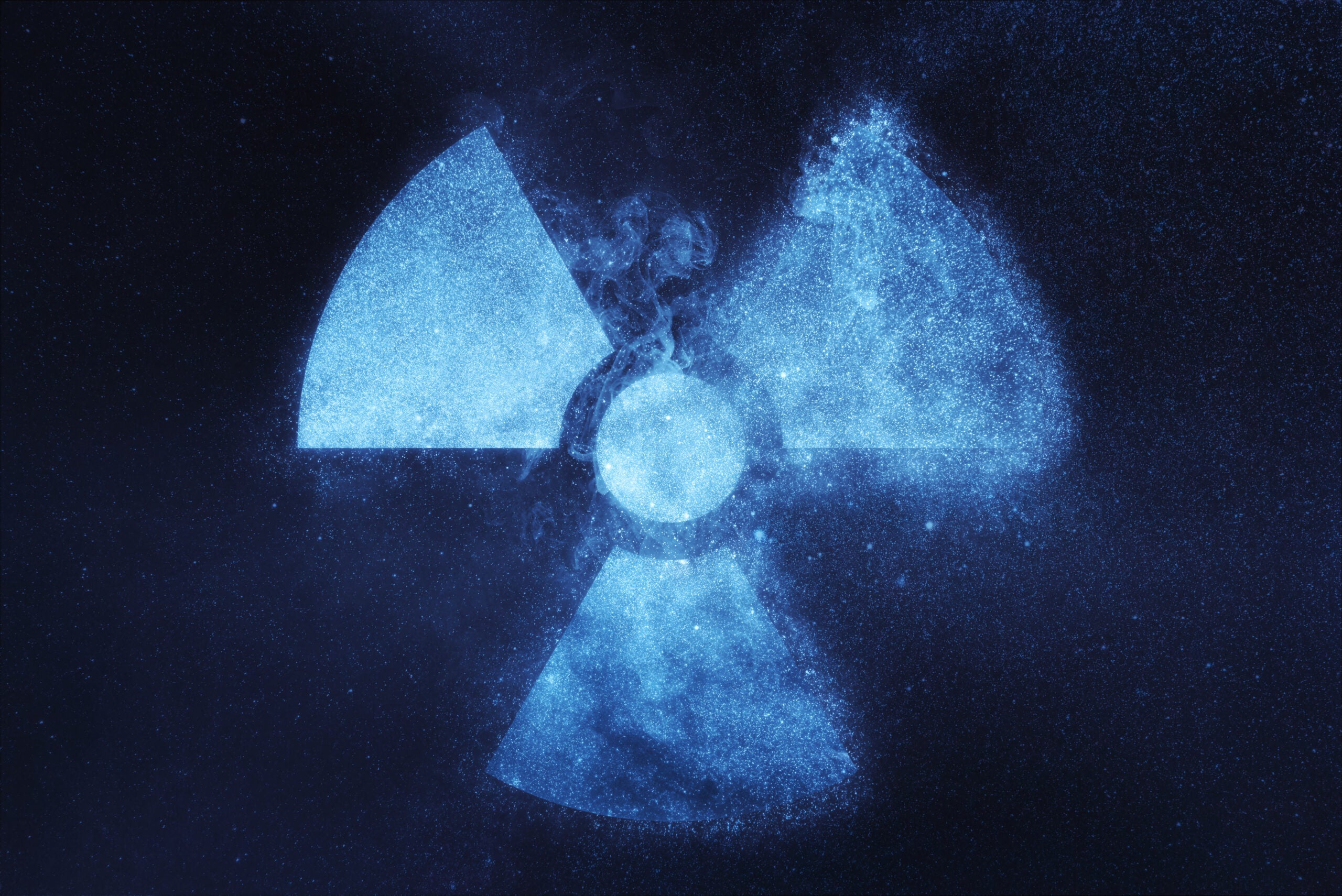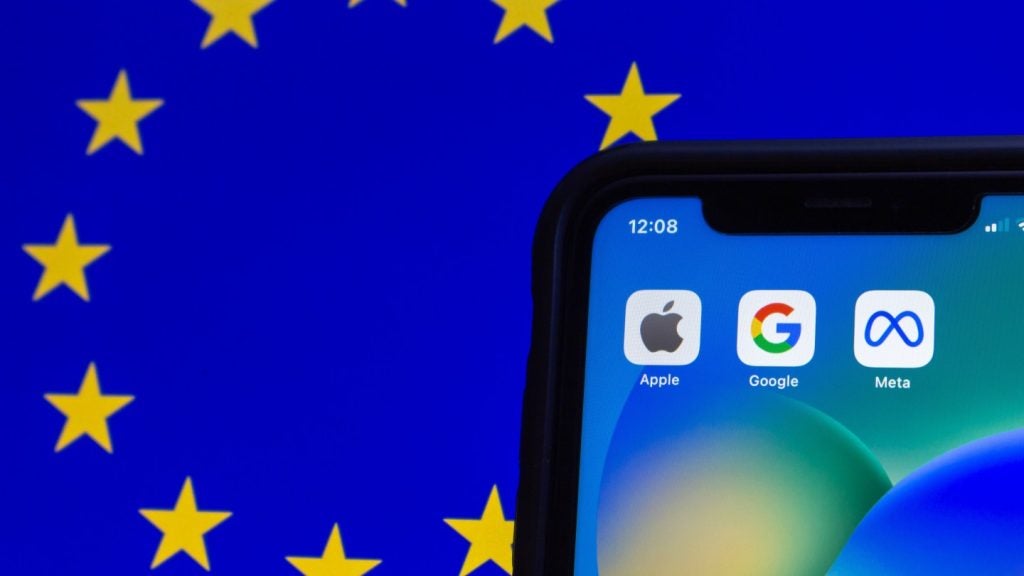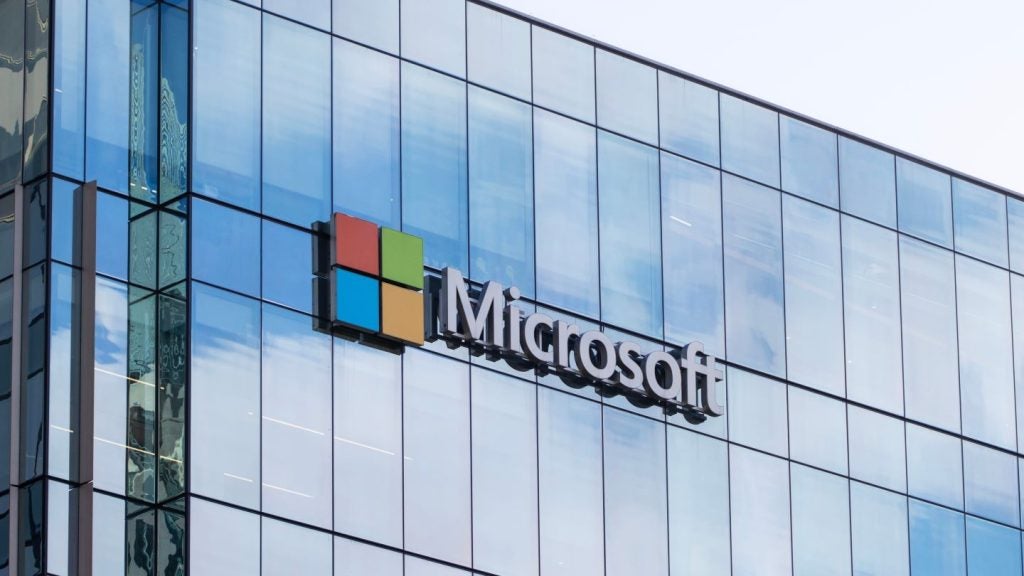Consumers have long held unfounded concerns over the long-term effects of daily exposure to radio waves emanating from smartphones and cell towers. Those concerns died down, but 5G is prompting new fears – and those are unfounded too.
Since the beginning of (cellular) time – think the early 1980s – activists have raised concerns about the effect that long-term radiation exposure has on cellphone users. Those concerns have coalesced around a few key elements nicely summarised by the US National Institutes of Health’s National Cancer Institute:
5G radiation fears
• Radiofrequency (RF) radiation, a form of non-ionizing radiation that emanates from antennas, can be absorbed by parts of the body closest to cellphones;
• Virtually everyone carries a cellphone, meaning that everyone is exposed, increasing the risk pool to close to 100% in many markets; and,
• We rely on cellphones for more and more of what we do – more calls, more time spent browsing, taking and sending selfies, chatting with friends via SMS, iMessage, Facebook, WhatsApp, etc. – increasing exposure levels.
However, despite more than three decades since the launch of the cellular era, the majority of studies on cellular radiation have found no link between cellphone usage and cancer. The National Cancer Institute cites three major studies, involving hundreds of thousands of subjects using cellphones over many years, in which no clear link has been found. This finding has generally been endorsed by several other research groups, including the American Cancer Society, the US National Institute of Environmental Health Sciences, the US Food and Drug Administration, and the US Centers for Disease Control, as well as the US Federal Communications Commission and the European Commission’s Scientific Committee on Emerging and Newly Identified Health Risks.
Researchers have reported some statistically significant associations for certain subgroups of people, just enough to keep radiation concerns on the back burner for the past decade or so. For its part, the World Health Organization’s International Agency for Research on Cancer identified cellular RF as a potential carcinogen in 2011 but has yet to follow up with any more definitive findings in that regard.
The introduction of 5G is now prompting new concerns over cellular radiation. Specifically, 5G brings with it the use of so-called ‘millimetre-wave’ frequency bands in which radio signals are broadcast at much higher frequencies than in previous network iterations, raising new radiation concerns that by all accounts are not backed by evidence. Most fundamentally, radio waves operate at much lower energy levels than, for example, X-rays and gamma rays and do not have enough power to damage human cells. There are still concerns about so-called ‘non-ionizing radiation,’ but those concerns are no different from 5G than with previous technologies.
How well do you really know your competitors?
Access the most comprehensive Company Profiles on the market, powered by GlobalData. Save hours of research. Gain competitive edge.

Thank you!
Your download email will arrive shortly
Not ready to buy yet? Download a free sample
We are confident about the unique quality of our Company Profiles. However, we want you to make the most beneficial decision for your business, so we offer a free sample that you can download by submitting the below form
By GlobalDataUnfortunately, as the industry is forced to deal with irrational concerns over radiation and cancer, it is taking the spotlight away from an area that should have health advocates in major crisis mode: the link between adolescent smartphone addiction and stunning increases in anxiety, depression, and suicide is becoming increasingly clear with each new study.









Related Company Profiles
Meta Platforms Inc